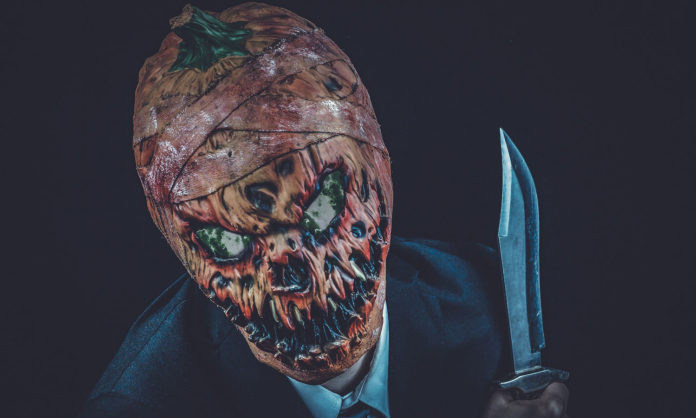
In an article for CrimeReads, Ainslie Hogarth says that writing, reading, and watching horror can be good for our mental health.
During the COVID-19 pandemic, audiences consumed more than their usual amount of horror movies. One of the most-streamed movies of 2020 was Steven Soderbergh’s Contagion, which some might think struck a bit close to home. But, Hogarth says, maybe that was the point. “Perhaps, by binging horror fictions, we’ve actually been training—bolstering our brains against the mental anguish of the pandemic, prepping for whatever else the decade has in store,” she writes.
When you watch a horror movie, your anxiety might be temporarily heightened, but it’s also limited, Hogarth notes. Your stress has a focus and it’s constrained by the film’s running time. Compare that to the ongoing anxiety spiral unleashed by the uncertainty of a real-world global pandemic, and a gory horror movie seems tame. In fact, a recent study backed this up, finding that horror entertainment helped audiences regulate their emotions, easing stress and increasing resilience. As Wes Craven once said, “Horror films don’t create fear, they release it.”
But Hogarth thinks there’s more to the story. “The experience of anxiety and depression exist so far beyond language that only metaphor can begin to adequately describe it,” she says. “Horror gives a face to the monsters which lurk in our own minds.” Seeing these metaphorical monsters on screen helps us know we’re not alone in our grief or depression. “Because another person experienced this awful thing too, and they lived to write about it,” Hogarth says.








